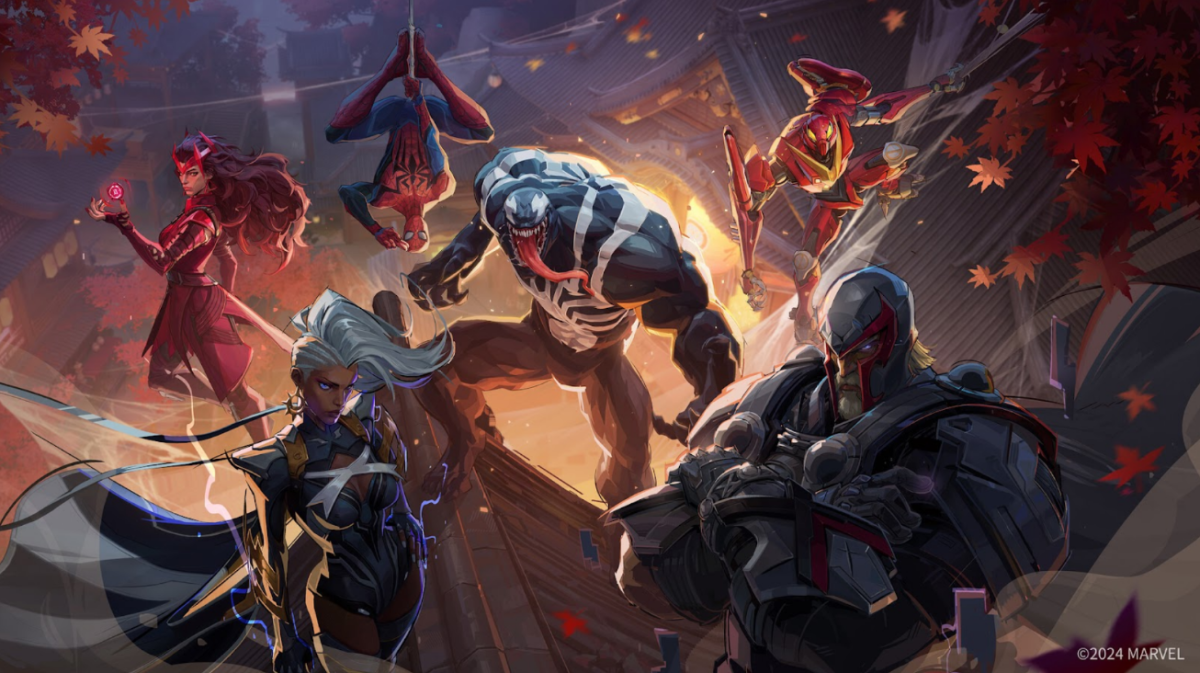The concept of irony isn’t new by any means, but as social media has become more prominent, and as online humor has evolved, irony has taken on many new forms.
The first stage of irony is no irony at all. Pre-ironic concepts don’t rely on irony and are true statements. When pre-irony is used in the context of online humor, such as memes, the memes are somewhat one-dimensional and tell straightforward jokes.
The next stage is common irony. These jokes or statements often mean one thing, but come across as the opposite. The author of the statement believes that it’s untrue, but acts as though they truly mean it. Irony is very similar to sarcasm, but there are some key differences. Sarcasm can be a form of irony that focuses on criticizing the person it’s directed towards, while regular irony has no ill intent in its original form.
The following stages of post-irony and meta-irony begin to cloud what irony really means and can be convoluted at times.
Post-irony is when the author of a statement acts as though they’re being ironic and wants to convince the reader that they’re trying to be ironic, when in reality the author is being serious and truthful. This is commonly achieved by the author saying the statement with an ironic inflection in their voice or using certain facial expressions that wouldn’t normally pertain to the situation.
An example of this phenomenon can be found when people talk about weather. If it’s cloudy outside and rain is pouring down, but you say “Oh boy, the weather sure is nice today!” with a smile on your face, most people would determine that your statement is ironic in nature and you don’t truly believe the weather is all that nice. However, if you take the same tone, inflection, and statement, but you say it while the sun is out and there’s not a cloud in the sky, the recipient of the statement would believe you’re trying to be ironic, when instead you truly do mean the statement.
Meta-irony is the final form of ironic comedy. A meta-ironic statement has so many layers of irony that its original intent is no longer distinguishable from any other layer of irony. These statements are so convoluted that no one but the author knows their true meaning.

The repeated use of irony can have negative effects over time. This ailment is known as irony poisoning. It occurs when irony finds its way into everything you say, and the truth is no longer discernible.
Irony poisoning can be commonly found in alt-right spaces, where extremist political views are masked behind satirical and ironic views. To those new to these online spaces, the jokes seem completely ironic in nature, but as the layers of irony add up, jokes that used to mock extremist views begin to genuinely resemble them more and more.
Online alt-right spaces rely on esoteric knowledge to make bigoted jokes that outsiders wouldn’t understand. This process rewards newcomers for picking up on niche concepts or references and allows them to understand the code-like humor commonly used in these spaces. When people gain this knowledge, they feel like they’re a part of a larger community.
It’s easy for bigotry and alt-right extremism to hide behind a wall of irony. It’s a tactic used to remove all culpability and responsibility for actions you’ve committed.
Someone is mad about racist comments you’ve made online? Just tell them they were jokes. Once people are told those comments are jokes, the emphasis is on them for taking your jokes too seriously. Then they’re at fault for not being in on the joke.
When you’re surrounded by constant, ironic, bigoted jokes, it’s easy to see how extremist views can bleed into your own personal politics. People use irony to distance themselves from their reality. Instead of genuinely caring about an issue or educating yourself, it’s easier to give a throwaway ironic take, instead of revealing your true opinions on the issue.
The best way of combating irony poisoning is to stay true to your beliefs. Don’t let irony distance you from the world that’s actively changing around you. Choose to educate yourself on issues that matter and use your voice to stand for your opinions.
























